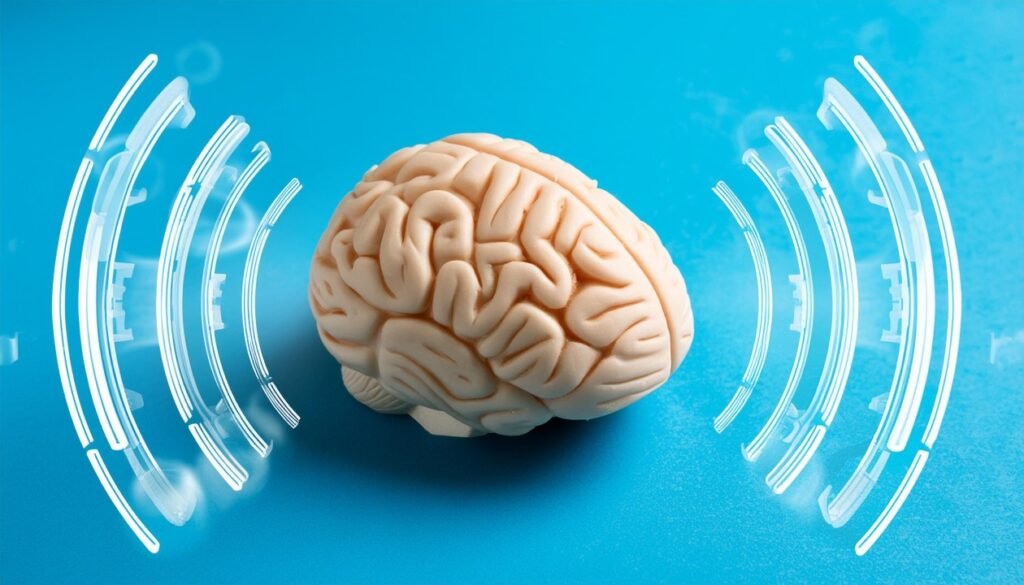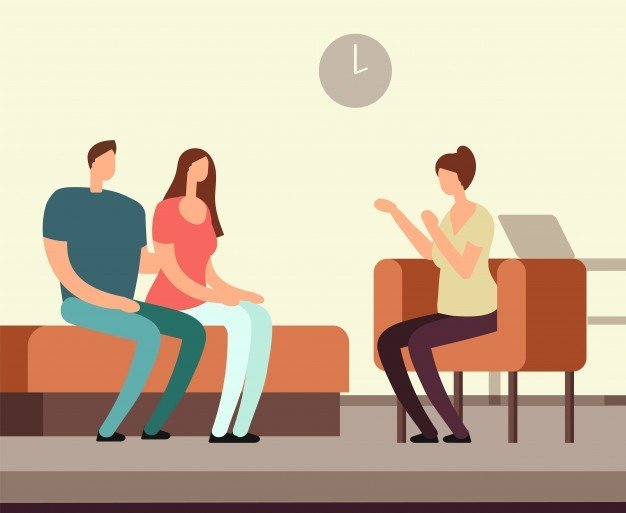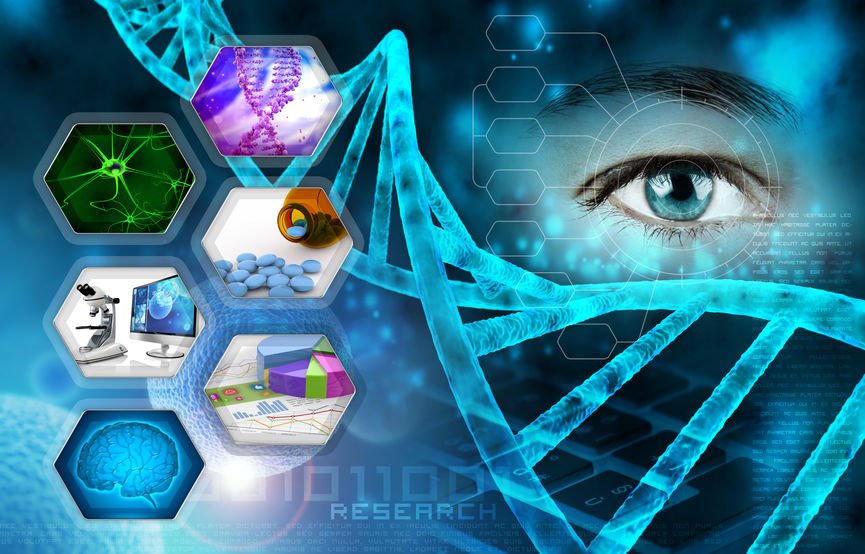
Mental health issues, such as anxiety and depression, are pervasive problems that affect millions worldwide. While conventional treatments like medication and therapy are effective for many, a growing number of people are seeking complementary and holistic approaches to support their mental well-being. Biofield therapies—such as Reiki, Healing Touch, and Therapeutic Touch—are gaining popularity for their potential to improve mental health by addressing the body’s energy fields. This article explores how biofield therapies can support mental health, focusing on their benefits for anxiety and depression, and provides insights into how these therapies can be integrated with conventional treatments.
Understanding Anxiety and Depression
Before delving into how biofield therapies can help, it’s essential to understand what anxiety and depression are and how they manifest in the body and mind.
What is Anxiety?
Anxiety is a natural response to stress, but when it becomes excessive or chronic, it can lead to anxiety disorders. Common symptoms include persistent worry, restlessness, rapid heartbeat, and difficulty concentrating. Anxiety disorders can significantly impact a person’s quality of life, leading to physical health problems and impairing daily functioning.
What is Depression?
Depression is a mood disorder characterized by persistent feelings of sadness, hopelessness, and a lack of interest or pleasure in activities. Symptoms can range from mild to severe and may include changes in appetite, sleep disturbances, fatigue, and thoughts of self-harm or suicide. Depression affects both the mind and body, often requiring a comprehensive approach to treatment.
Read Also:
- Biofield Therapies: Healing Through Electromagnetic Fields
- Comparing Biofield Therapies: Reiki vs. Healing Touch vs. Therapeutic Touch
- How Biofield Therapies Support Mental Health: A Holistic Approach to Anxiety and Depression
- The Science of Energy Healing: Exploring the Biofield Hypothesis
How Biofield Therapies Work

Biofield therapies aim to balance and harmonize the body’s energy field to promote overall well-being. Practitioners believe that disruptions or imbalances in the energy field can contribute to mental health issues like anxiety and depression.
The Theory Behind Biofield Therapies
The concept of the biofield is based on the idea that the human body is surrounded and interpenetrated by an electromagnetic field that plays a crucial role in regulating health. Biofield therapies involve using the practitioner’s hands, either directly on or above the body, to detect and manipulate this energy field. The goal is to clear blockages, balance the flow of energy, and restore harmony within the body and mind.
The Role of Biofield Therapies in Mental Health
Biofield therapies offer several potential benefits for individuals dealing with anxiety and depression. By promoting relaxation, reducing stress, and enhancing emotional balance, these therapies can serve as valuable tools in a comprehensive mental health care plan.
Promoting Relaxation and Reducing Stress
One of the most immediate benefits of biofield therapies is their ability to promote deep relaxation and reduce stress. Techniques like Reiki, Healing Touch, and Therapeutic Touch help calm the nervous system, which can be especially beneficial for individuals with anxiety disorders. By inducing a state of relaxation, these therapies may lower cortisol levels, reduce muscle tension, and slow down the heart rate—all of which contribute to decreased anxiety and improved mental clarity.
Enhancing Emotional Balance
Biofield therapies are believed to help clear emotional blockages that can contribute to feelings of sadness, anger, or despair. For those suffering from depression, therapies like Reiki may help shift emotional patterns by releasing pent-up energy and promoting a sense of inner peace. Many practitioners report that clients often feel lighter and more balanced emotionally after a session, which can be particularly helpful for managing symptoms of depression.
Scientific Evidence Supporting Biofield Therapies for Mental Health

While scientific research on biofield therapies is still in its early stages, there is growing evidence to suggest that these practices can have a positive impact on mental health.
Studies on Anxiety Reduction
Several studies have explored the effects of biofield therapies on anxiety. A systematic review published in the Journal of Alternative and Complementary Medicine found that therapies like Reiki and Healing Touch can significantly reduce anxiety levels in patients undergoing surgery, cancer treatments, or other stressful medical procedures. Another study published in the Journal of Holistic Nursing reported that Therapeutic Touch significantly reduced anxiety in hospitalized patients, suggesting its potential as a complementary treatment for anxiety disorders.
Research on Depression Relief
Research on biofield therapies for depression is less extensive but promising. A pilot study conducted by the Department of Psychiatry at the University of California found that Reiki reduced symptoms of depression in patients with mild to moderate depression. The study participants reported feeling more relaxed and less overwhelmed by their emotions following Reiki sessions. Another study published in Global Advances in Health and Medicine indicated that Healing Touch could improve mood and reduce depression symptoms in patients receiving chemotherapy.
Integrating Biofield Therapies with Conventional Treatments

Biofield therapies are most effective when used as part of a comprehensive treatment plan that includes conventional mental health care.
Complementary, Not a Replacement
It’s important to note that biofield therapies should not replace conventional treatments for anxiety and depression, such as medication and psychotherapy. Instead, they can be used to complement these treatments, offering additional support and potentially enhancing overall outcomes. For example, a person receiving cognitive-behavioral therapy (CBT) for anxiety might find that adding Reiki sessions helps them relax more deeply and better manage stress between therapy appointments.
Finding a Qualified Practitioner
When considering biofield therapies for mental health support, it’s crucial to find a qualified and experienced practitioner. Look for practitioners who are certified in their respective fields, such as Reiki Masters or Healing Touch Certified Practitioners (HTCP). Some mental health professionals, such as licensed therapists or counselors, are also trained in biofield therapies and can provide a more integrated approach to care.
Tips for Maximizing the Benefits of Biofield Therapies
If you’re interested in exploring biofield therapies as part of your mental health journey, here are some tips to help you get the most out of your experience:
1. Set Clear Intentions
Before your session, take a few moments to set clear intentions for what you hope to achieve. Whether it’s reducing anxiety, releasing emotional blocks, or simply finding peace, having a clear goal can help focus the energy work and enhance the effectiveness of the therapy.
2. Stay Open and Receptive
Biofield therapies work best when you are open and receptive to the process. Try to approach each session with an open mind and a willingness to engage with the experience fully. Remember that healing can take time, and the effects may be subtle at first.
3. Combine with Other Self-Care Practices

Consider combining biofield therapies with other self-care practices such as meditation, yoga, or journaling. These practices can help you stay grounded and support the energy work done during your sessions.
4. Monitor Your Progress
Keep track of your symptoms and overall well-being before and after sessions. This can help you and your practitioner identify patterns and determine the effectiveness of the therapy over time.
Conclusion
Biofield therapies like Reiki, Healing Touch, and Therapeutic Touch offer promising support for individuals struggling with anxiety and depression. By promoting relaxation, reducing stress, and enhancing emotional balance, these therapies can complement conventional treatments and provide a holistic approach to mental health care. While more research is needed to fully understand the mechanisms behind these therapies, many people find them to be valuable tools in their journey toward better mental health. As with any therapy, it’s essential to approach biofield practices with an open mind and a commitment to integrating them into a broader, more comprehensive treatment plan.








